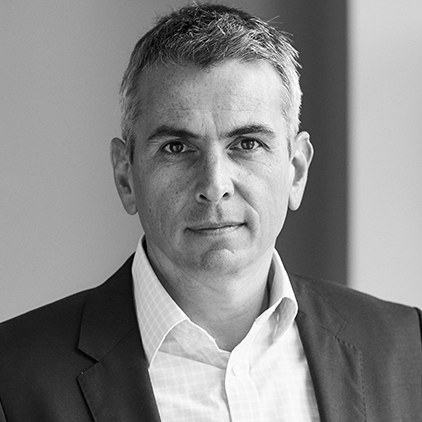-
Insight Bite
CLEAR, EXPERT, INFORMED SECTOR FOCUSED NEWS.


MATTHEW BYATT
Managing Partner
Cambridge-based chip designer ARM has become one of Britain’s most successful tech companies by staying strictly independent. The firm supplies blueprints for 90% of the world’s mobile chips, yet unlike competitors AMD and Intel, refuses to compete with the companies that use its designs.
But with ARM set to be acquired by NVIDIA in a $40bn deal, the firm’s neutral status as what co-founder Hermann Hauser calls “the Switzerland of the semiconductor industry” is under threat.
Under the ownership of NVIDIA, ARM will form part of a new AI research centre in Cambridge, home to a “state-of-the-art AI supercomputer” powered by ARM CPUs:
“AI is the most powerful technology force of our time and has launched a new wave of computing,” said NVIDIA founder and CEO Jensen Huang in a statement on the deal. “In the years ahead, trillions of computers running AI will create a new internet-of-things that is thousands of times larger than today’s internet-of-people.”
Some suspect however, that in preparing for the new age of AI, NVIDIA will overturn the collaborative ecosystem that ARM has built around itself. While Huang has said he is keen to maintain ARM’s neutrality, the acquisition will indirectly put Nvidia in control of ARM’s designs – much to the dismay of tech firms concerned that NVIDIA will now be the first in line for fresh innovation.
The move away from Japanese-owned SoftBank to US ownership is also likely to be unpopular with China, which relies heavily on ARM chip architecture for its fledgling chip industry.
Since NVIDIA got the nod from China to proceed with its Mellanox acquisition in April, trade war tensions have escalated, with Trump’s sanctions blocking the development of chips by Huawei and other local chipmakers.
This makes it more likely that we could see a repeat episode of the July 2018 deal between chip giants Qualcomm and NXP, which was blocked by China amidst heightened geopolitical tensions.
“Regardless of the positive rhetoric about maintaining its neutrality, NVIDIA’s proposed acquisition of ARM does pollute ARM’s independence. There are of course a limited number of examples where companies have maintained a degree of independence – Samsung Electronics is the posterchild. However, this is a hard balancing act for ARM and I doubt that the strength of the ARM architecture is sufficient these days to overcome the industry’s concerns when other compelling alternatives such as RISC-V are now available.”
Matthew Byatt | Managing Partner
Matthew is a Co-Founder and Managing Partner at Acuity and leads the Acuity Advisors’ Deeptech practice.
Matthew has held senior leadership and corporate finance positions with some of the UK’s most successful and influential technology and consultancy companies. Roles with ARM, McKinsey and Cadence have given Matthew an exceptional insight into the world’s most successful businesses and a number of the UK’s eminent start-ups, underpinning his success at Acuity.
Matthew has considerable experience across a broad range of technology sectors throughout the UK, US and Asia, ranging from nanotechnology, semiconductor and cleantech to digital media and internet businesses. It’s experience that has given him a robust, well-developed and international network. Having also run and successfully exited his own business, Matthew has a deep understanding of the financial and emotional aspects of this demanding process, bringing a unique and authoritative perspective to each business sale.
One of Matthew’s strengths is understanding complex technical value propositions, one of the benefits of training as an electronic engineer. He gets to the heart of what drives a company’s value and communicates this persuasively to potential buyers and investors. Matthew understands a buyer’s motivation intuitively and delivers a compelling rationale for why a business sale should be of strategic interest. His insight consistently yields higher deal values and results in great successes for his clients.